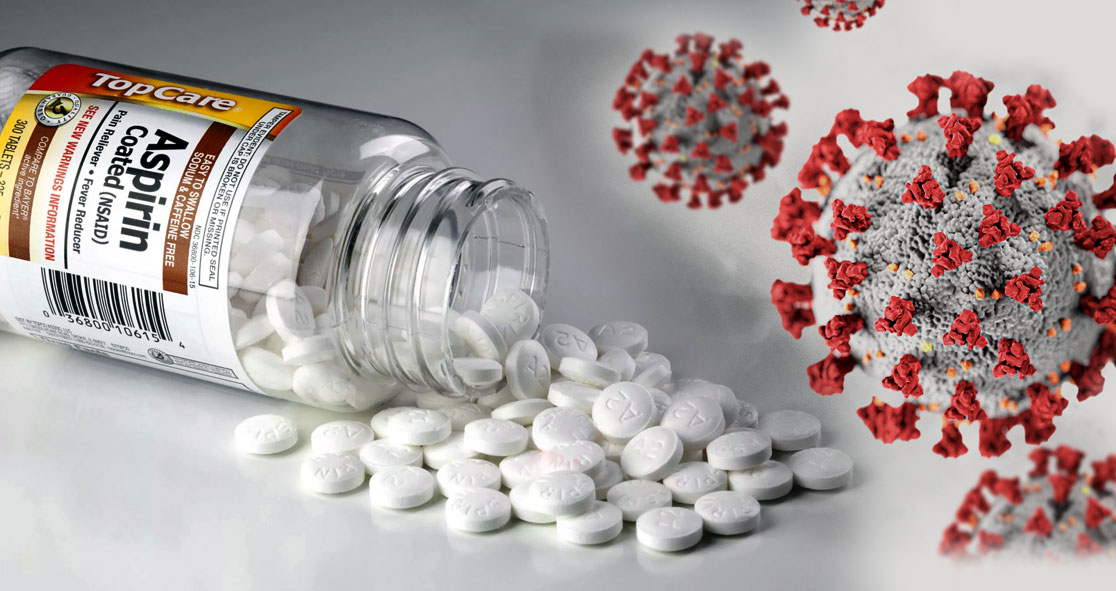A large study conducted by researchers at George Washington University has found that hospitalized patients with moderate COVID who were given aspirin had a lower risk of dying compared to those who were not given the drug, according to Science Daily.
Lead author Dr. Jonathan Chow said, “This is our third study and the culmination of 15 months of work looking at aspirin use in hospitalized COVID-19 patients. We continue to find that aspirin use is associated with improved outcomes and lower rates of death in hospitalized patients.”
“What’s more, it’s low cost and readily available, which is important in parts of the world where more expensive therapeutics might not be as accessible,” he added.
The study looked at the largest data set of nearly 112,270 patients hospitalized with moderate COVID. It analyzed patients who were enrolled from January 1, 2020, through September 10, 2021, at 64 medical centers in the United States.
The patients were participating in the National Institute of Health’s National COVID Cohort Collaborative (N3C).
The investigators found that aspirin reduced mortality by 1.6% when given early on during hospitalization in patients with moderate infection. In addition, they found that patients were less vulnerable to forming blood clots.
Furthermore, the authors found that older patients and patients with comorbidities benefited from early aspirin treatment.
Dr. Keith Crandall said, “This research is vital to providing physicians and patients effective and accessible COVID-19 treatments to help reduce in-hospital mortality rates and help people recover from this potentially devastating disease.”
Dr. Crandall is the Founding Director of the Computational Biology Institute at The George Washington University.
Dr. Chow and his team have been focused on this particular topic since the pandemic began. The study, titled “Association of Early Aspirin Use With In-Hospital Mortality in Patients With Moderate COVID-19,” was published last week in JAMA Network Open.























